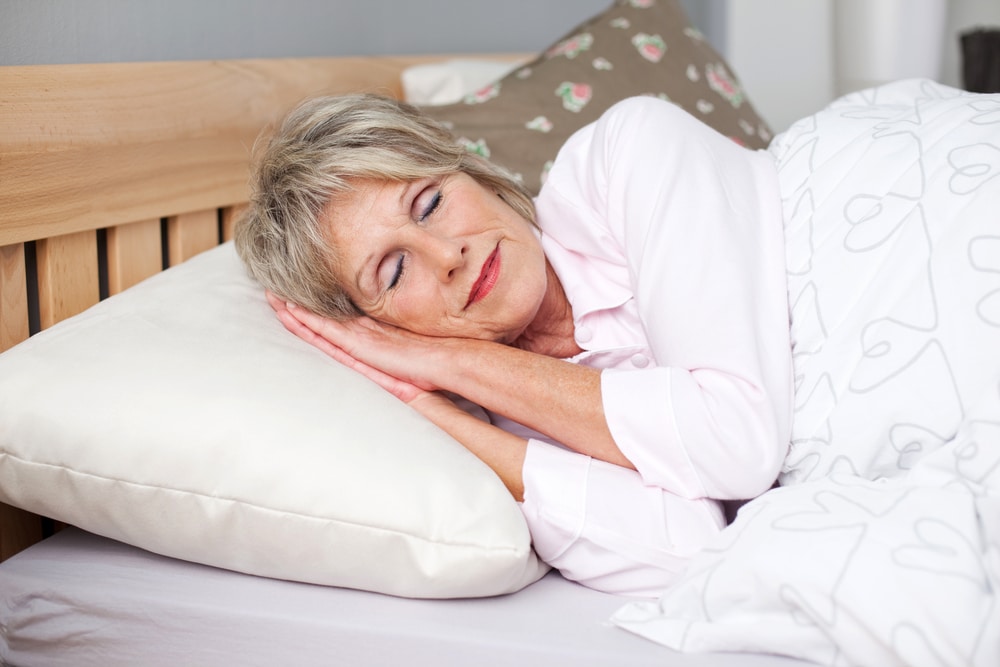Fall prevention in the home starts with keeping it clean. It’s honestly the easiest and quickest way to make your home a lot safer. Especially if you live with elderly individuals who may have mobility issues, it’s important to keep your stairways and hallways free of any type of clutter or debris. Sensibly, the less tripping hazards you have in your home, the less likely falls will take place.
It needs to be highlighted that falls are the leading cause of injury among older Canadians. On their website, the Government of Canada informs us that falls are the culprits behind 85 percent of all seniors’ injury-related hospitalizations and that 95 percent of all hip fractures are caused by falls.
Cleaning clutter is the first step to a safer home.
As mentioned, it’s important take any possible tripping hazards out of the equation. Throwing your clothes on the floor after taking them off, forgetting to put the shoes in the closet and not tucking those television cables safely behind the unit are all no-no’s in a home that inhabits seniors. As Wyatt Myers points out on EverydayHealth.com, it’s important to clean up all clutter and remove anything that can you can trip over.
“The easiest method for preventing falls is to keep your home neat and tidy,” he writes, “Remove all clutter, such as stacks of old newspapers and magazines, especially from hallways and staircases…Sometimes home fixtures can contribute to falls, which can then lead to back pain and other injuries. Examine every room and hallway, looking for items such as loose carpet, slippery throw rugs, or wood floorboards that stick up. Then repair, remove, or replace those items for more effective fall prevention.”
Falling is less likely if you can clearly see in front of you.
In addition to having decreased strength and balance, many seniors endure diminishing vision. One way to ensure that their impaired eyesight doesn’t cause them to bump into anything is to ensure that all walkways are well-lit. This may require the addition of nightlights in the hall and brighter bulbs in the traditional lighting fixtures.
“Light it right,” insists Myers, “Inadequate lighting is another major hazard. To create a home that’s more suitable for the elderly, install brighter light bulbs where needed, particularly in stairways and narrow hallways.”
When it comes to the vision health of your elderly loved one, it is best not to take chances. As advised by the National Council on Aging, make sure that the seniors in your home are using their latest prescriptions and wearing the correct glasses.
“Remember that using tint-changing lenses can be hazardous when going from bright sun into darkened buildings and homes,” warns their website, “A simple strategy is to change glasses upon entry or stop until their lenses adjust. Bifocals also can be problematic on stairs, so it’s important to be cautious. For those already struggling with low vision, consult with a low-vision specialist for ways to make the most of their eyesight.”
Bedroom and bathroom modifications will make your home that much safer!
At Advantage Home Health Solutions, we proudly offer an extensive list of accessibility devices to create accessible bathrooms and bedrooms that are safe for your seniors to use. They include grab bars, super poles and bed rails just to name a few. For more information, please don’t hesitate to give us a call at 403-460-5438. You may also email us by filling out the form on our Contact page!




